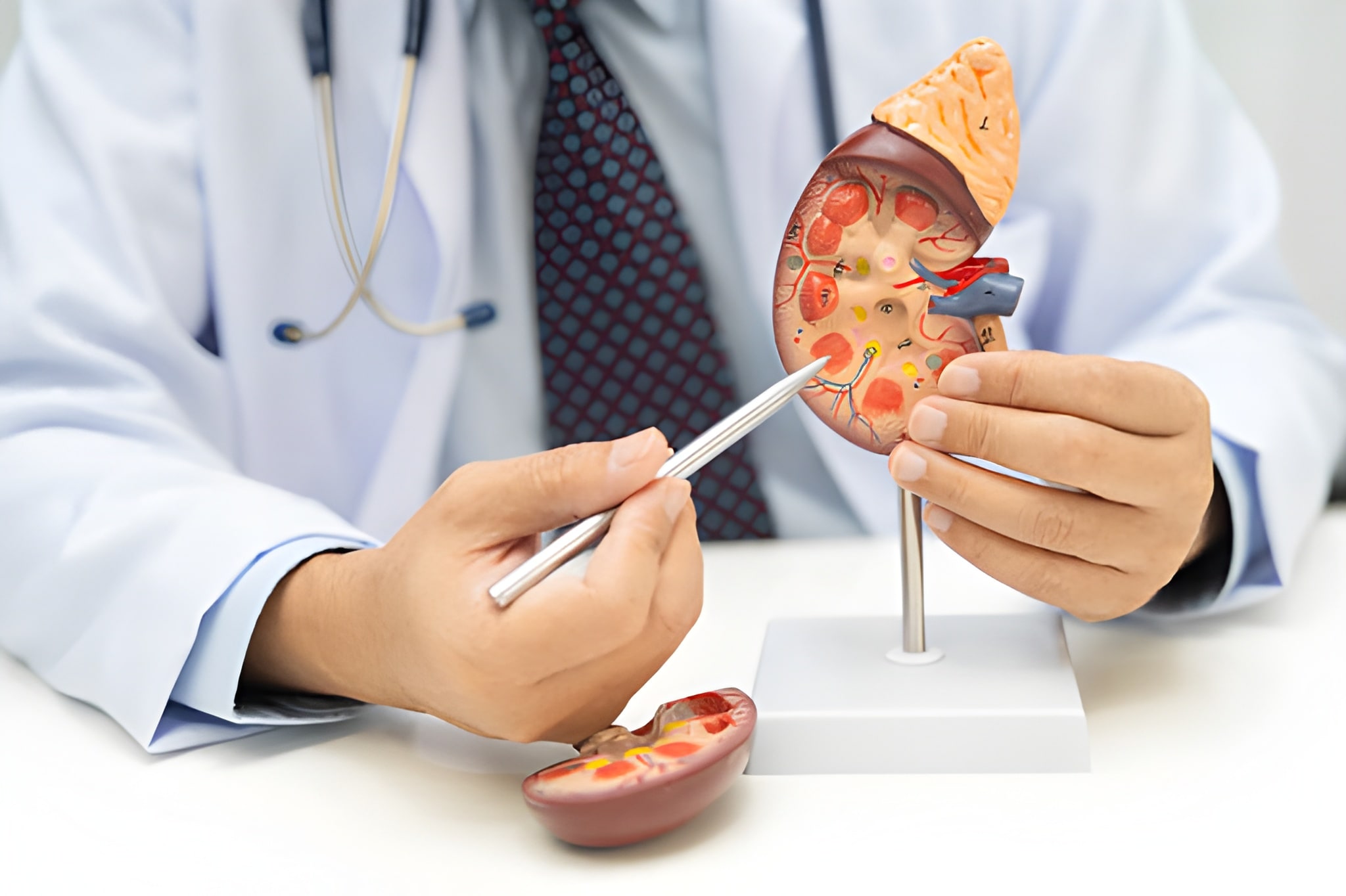Your kidneys are very important for keeping your body healthy by filtering wastes, keeping fluids in balance, and more. Your body usually sends warning signals when something is wrong, but these symptoms are often ignored. Sometimes, a kidney biopsy is the only way to adequately diagnose underlying problems. If you are looking for the Best Kidney Biopsy Specialist In Andheri, Mumbai then knowing when and why this test is needed can help you get it done on time.
- Percutaneous (needle) biopsy – the most common method, done using a thin needle through the skin.
- Surgical biopsy – less common, used when needle biopsy isn’t possible, typically performed under general anesthesia.
What is involved in the biopsy test process?
A biopsy is a medical test in which a small sample of tissue is taken from the body for testing. Tissue is usually removed with a needle or thin, flexible tube called a catheter. After that, a microscope is used to look for abnormal cells in the sample. Biopsy is used to diagnose cancer and other diseases.
Most biopsies are outpatient procedures, meaning they do not require a hospital stay. This procedure is usually performed in a doctor's office, clinic, or hospital. You will probably be given local anesthesia to numb the area where the biopsy will be done. You will feel comfortable and sleepy because of the anesthetic. Sedative medicines may also be given to help you relax. Anesthesia is given through an IV in your arm. During the biopsy, you will remain awake but will not feel any pain.
For biopsy tests in Adheri, Mumbai, consult our doctor about your risks before the procedure. After the biopsy, the tissue sample will be sent to a laboratory for analysis. It can take several days to get the results. The biopsy procedure is usually safe. Complications are rare but can include:
- Bleeding
- Infection
- Bruising
- Pain
Why is a Kidney Biopsy Done?
- Unexplained blood in urine (hematuria) or protein in urine (proteinuria)
- Sudden or chronic kidney failure
- To monitor treatment response for kidney diseases
- To examine a kidney transplant for signs of rejection
- To diagnose specific types of glomerulonephritis, lupus nephritis, or nephrotic syndrome
Risks and Complications
- Bleeding in the urine (temporary)
- Pain or discomfort at the biopsy site
- Infection (very rare)
- Accidental injury to surrounding organs or blood vessels
Some of the common kidney biopsy test procedures are
- You’ll be asked to strip down to your underwear and put on a medical gown.
- Your arm or hand is used to begin an intravenous (IV) line.
- You will be placed on your stomach so that the doctor may easily access your kidney. With a cushion, you can maintain the correct posture. On your back, you’ll be resting after having a kidney transplant.
- Using an antiseptic solution, the area around the biopsy will be disinfected.
- When the local anesthetic is administered, you will experience some discomfort from the needle. A stinging feeling is possible.
- During the operation, you will be required to remain motionless.
- The needle is guided into the kidney with the use of ultrasound or X-ray.
- While the healthcare professional is inserting the biopsy needle into the kidney, you will be urged to inhale and hold your breath. Moving the diaphragm might interfere with the biopsy needle’s insertion.
- When the doctor or nurse takes the sample, you could feel some pressure or pain.
- If the healthcare professional requires more than one tissue sample, there may be more than one puncture. If this is the case, the identical puncture procedure will be used.
- Firm pressure will be provided to the biopsy site to halt bleeding when the needle is removed.
- The wound will be dressed with a sterile bandage or gauze.
- For further investigation, the kidney tissue sample will be forwarded to the laboratory.
- Have a discussion with your doctor about what to expect from your kidney biopsy.
Kidney Issues Treated by Dr. Rohan Desai
- Acute Kidney Care
- Chronic Kidney Disease (CKD) Management
- Rise In Creatinine
- Kidney Biopsy
- Glomerular Disease Management
- Kidney Transplant Care
- Hypertension
- Electrolyte & Acid-Base Disorders
- Diabetic Kidney Disease
- Critical Care Nephrology
- Urinary Tract Infection
